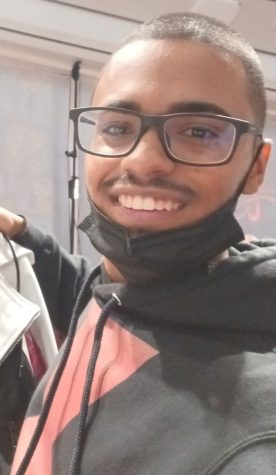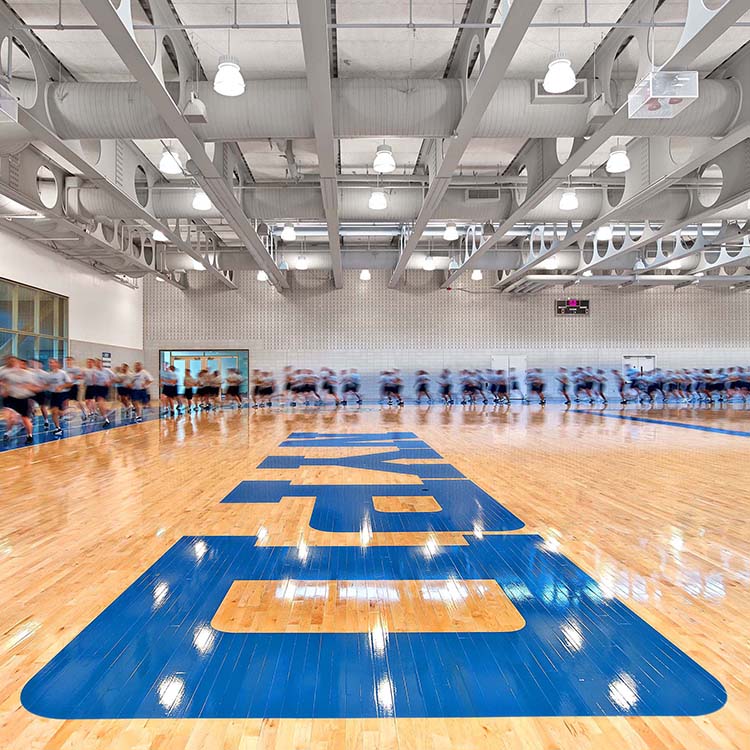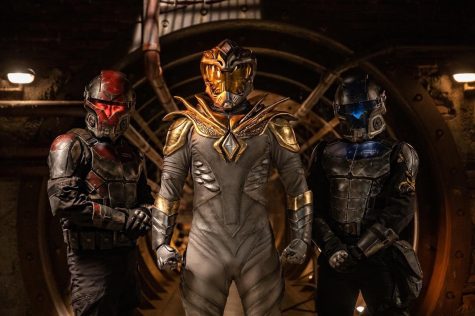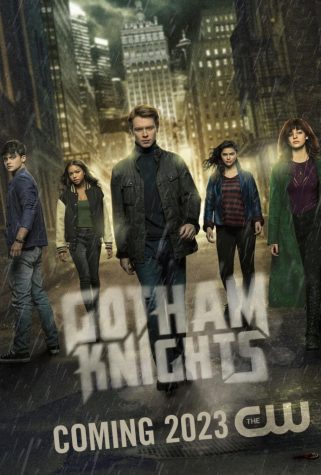The Demand and Influence from the Police Academy
Much is assigned to those interested or enrolled in the police academy. Even before graduation, how they carry themselves and what they carry with them changes. I spoke with someone who wishes to remain unnamed and is currently in the academy after studying criminal justice.
To get into the academy, applicants must be at least 21 years old but at most 30 years old by the application date. However, the maximum age may be extended by years of full-time active military duty, up to seven years. Sixty college credits are needed to be able to join the NYPD. Written exams require a passing grade of 70 even to remain, to have the applicants retain the foundational skills for everyday police work. Their written skills after the academy could have a ripple effect on communication and cases. It is a concern my source acknowledges expressing herself clearly, and professionally. Answering articulately without issue.
The course load was described to be similar to those just studying criminal justice. She stated it felt like a significant advantage in her case, and others in her position would agree. Others would recommend it to start more robustly in the academy. They would likely be picked out of a large pool of candidates with people without criminal justice degrees. With certain studies, advancement to specific departments could be more accessible, or they would be recommended. There would be more potential for promotion since certain positions on the job require college credits just to be considered.
The physical exams for any police academy must be conducted to test the candidates’ physical ability and mental determination. No matter where it’s undertaken, if it’s the entrance exam or the exams while attending it, they must be completed. To know if someone has more than intent, but strength to save someone or themselves.
The physical exams include the mile and half run and the Job Standard Test. The JST is a physical endurance evolution on the applicant’s capability of physical tasks during simulated routine radio calls or critical situations. It’s a timed event with six stations that must be completed without interruption in four minutes and twenty-eight seconds. Candidates sprint 50 feet while remaining in a kneeling, weapon-ready position to surmount a six-foot barrier. Then going through a six-stair climb system before achieving three over-and-back traverses. Then the applicant’s tactics are tested in physical restraint situations, where it’s up to them to regain or show control. Then the candidates have to run 600 feet. The penultimate task, a simulated victim rescue, requires a heavy mannequin dragged 35 feet. Finally, they’re given an inoperable weapon and must pull the trigger with both hands while timed.
The academic exercises did not throw my source off-guard, but one physical training exercise was unexpected. They were shooting their service weapons with the non-dominant hand consistently. This technique is beneficial to help ease self-defense in altercations. It’s a reasonable precaution if the dominant hand is injured in an encounter. Even the weaker hand, where it feels wrong, can be honed by the academy, giving her even more skill. Dexterity increases as the shooting, on the other hand, feels more manageable. Confidence must be built up to fire a fire hand in the first place, and self-confidence helps continue doing so. It’s just one factor that prevents an officer from becoming a victim.
My source remarks that she enjoys working out more because of the academy. The physical demand of the academy added a new interest in fitness. It’s a good passion that’ll assist her with her career capacity and her long-term goal when she joins the department. She wants to be a homicide detective. She loved this potential career path due to admiring homicide detectives and their skill set. That has been her dream since she realized her love of police work. She stated, “I’ve been dragged into the portal ever since.”
However, academy students must be careful while they’re attending. In certain situations, they can’t be involved. It’s not stifling motivation, it’s the fact that the wrong incident is one black mark on their record. It would jeopardize their efforts.
She knows her education in the academy is incomplete and is anxiously waiting for the advancement of her tactical skills. All to assist her when she is officially on the job. With an academy class of her energy, the NYPD would benefit significantly from that batch.

Edwin Gonzalez is a Senior Media Major. Trying to shift from creative and essay writing to entertainment writing and reporting. He writes under Empathic...








